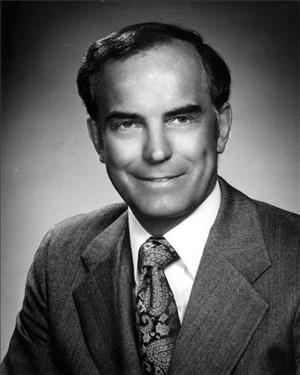On October 21, 1971, Governor Daniel Evans (1925-2024) convenes the Washington State Women's Council. Its mission is "To consider appropriate questions pertaining to the rights and needs of women in contemporary American and to make recommendations to the Governor and State agencies with respect to desirable changes in program and law."
During its first two years the Washington State Women's Council worked to pass a state equal rights amendment and a community property bill that would require that the ownership and management of assets be equally shared between married partners.
Both of these measures became law. The electorate ratified the Washington state Equal Rights Amendment in November 1972.
On March 22, 1973, the Washington State Legislature ratified the Equal Rights Amendment to the Constitution of the United States. However, to change the United States Constitution, a yes vote by three-fourths of the states is required. The national Equal Rights amendment fell just short of this and it failed to be enacted.
In 1975, Governor Evans reconstituted the Washington State Women's Council in the Office of the Governor and redirected its composition and activities in the following manner:
"The Council shall consist of eighteen members appointed by the Governor and shall include two members chosen by the Speaker of the House of Representatives, one from each party, and two members chosen by the President of the Senate, one from each party."The members shall serve for terms of two years and until their successors are chosen. Nine of the initial appointees shall be appointed for one-year terms and shall include those chosen by the President of the Senate and the Speaker of the House. Vacancies shall be filled in the same manner as the original appointments.
The Governor shall appoint an executive director of the Council, provided that the current executive director shall continue to serve in that office.
The Council shall advise state departments and agencies on the development and implementation of comprehensive and coordinated policies, plans, and programs to ensure equal opportunity for all women.
The Council is authorized to gather data and disseminate information to the public in order to implement the purposes of this chapter.
The Council shall make recommendations to the Governor and the Legislature regarding changes in administrative practices and existing laws relating to women or particularly affecting women.
"In carrying out its duties, the Council shall communicate with public and private institutions, local governments, and private industry as may be needed to promote the purposes of this order and particularly to promote equal opportunity for women in government, education, and employment" (Women's Bureau, U.S. Department of Labor).

